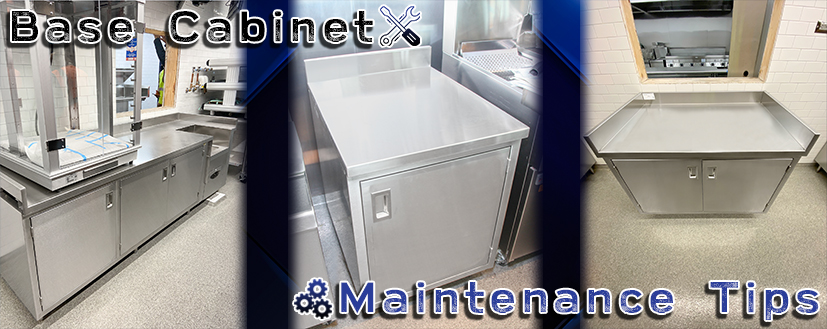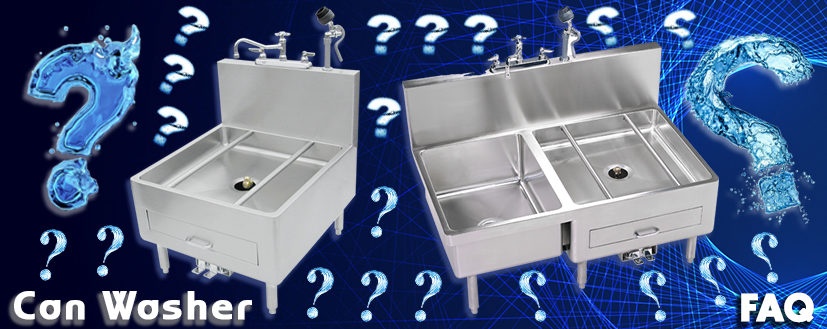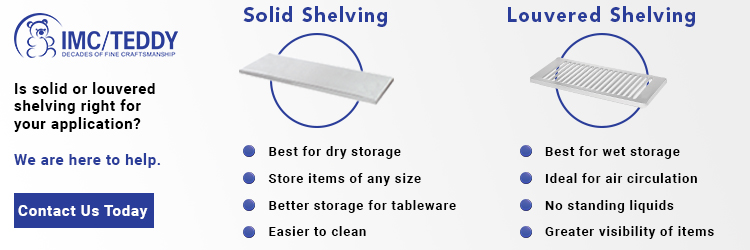Solid vs. Louvered IMC Shelving: What’s the Difference?

When it comes to smooth & efficient operation in your commercial facility, item organization is key. Forming an effective storage area in your business can be tough, especially if you have limited space & lots to store. However, IMC shelving units can help ease the challenge.
There are two main shelving types that are used today: solid & louvered (also called slotted or vented). In this article, we will explore both types of shelving & then answer the inevitable question, “which one is better?” Let’s get started.
IMC Solid Shelving: The Classic Favorite
Found in almost every commercial facility, solid shelves have no openings on their surface. Any size or type of item can be stored on them without the risk of it falling through the louvers or spilling onto the items below it.
Solid shelves are also easier to clean as the surface is flat & smooth.
Major Features & Uses
- Ideal for storing thinner items such as sauces or condiments to prevent them from falling over or slipping through louvers.
- Solid shelves are the recommended shelf type to store tableware or serving items with legs such as chafing dishes.
- In hospitality settings, solid shelves can be used to keep your linens smooth & flat during storage, removing the possibility of wrinkles.
- In medical settings, solid bottom shelving is often mandatory by health inspectors. This is due to the possibility of mop water splashing onto items on the lower shelf, possibly causing contamination & infection.
The major downside to solid shelves is that they don’t breathe as well as vented shelves. To sum up, solid shelves are the best for dry storage.
IMC Louvered Shelving: Air Circulation is King
Contrary to solid shelves, louvered shelves have openings on their surface. Louvered shelves are a great option for any type of cold storage application because they encourage air circulation for maximum product shelf life.
Major Features & Uses
- The major advantage of louvered shelving is air circulation, which is vital for keeping perishable items fresh in refrigerators & freezers.
- Louvered shelving allows for no standing liquids, which means your liquids will drain quickly & efficiently.
- Louvered shelves offer greater visibility of items, which is handy for taking inventory & item identification.
The major downside of louvered shelves is that they are more challenging to clean & storage of narrow items is not possible due to the openings. To sum up, louvered shelves are the best for wet storage.
So, Is One Superior?
Not necessarily. The truth of the matter is that both shelving types have unique & varying uses in any commercial environment. The type of shelf you need will solely depend on what kind of items you are storing. The key is to use the right mix of solid & louvered shelves to keep your shelf contents fully protected & maximize the freshness of your food.
At IMC/Teddy, we manufacture a wide variety of 4 or 5 tier shelving units equipped with either solid or louvered shelves. We also have a corner shelving unit that helps create a shelving system without wasted space/corners. Available in a range of stainless steel gauges, every shelf is catered to your specific application. Each shelving unit is also fully customizable with options such as mobile casters, flanged feet, or crossbracing. For our full shelving lineup, click here.





